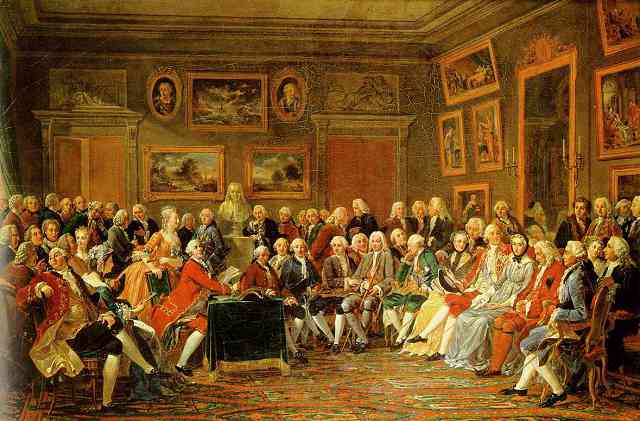»Öffentlichkeit« als Imagination und Ensemble sozialer Praktiken. Zur Relevanz einer Schlüsselkategorie Öffentlicher Theologie in digitalen Kontexten
DOI:
https://doi.org/10.18156/eug-1-2019-art-1Abstract
Gerade die soziale Konkretion von »Öffentlichkeit« als Schlüsselbegriff Öffentlicher Theologie ist umstritten und im digitalen Wandel begriffen. Vor diesem Hintergrund schlage ich vor, Öffentlichkeit praxissoziologisch in Beobachterperspektive als Ensemble sozialer Praktiken und in Teilnehmerperspektive als Imagination zu verstehen, wobei Öffentlichkeit vor allem ambivalente Rezeptions-, Expositions- und Konversationspraktiken bezeichnet. Während Massenmedien Rezeptions- und Expositionspraktiken privilegierten, etablieren digitalen Medien neue Konversationspraktiken. Öffentliche Theologie sollte an der Öffentlichkeitskonstitution mitwirken, in dem sie das Potenzial von Rezeptions- und Expositionspraktiken fördert und prophetische Rede auch als journalistische Exposition von Unrecht versteht.
What does public theology’s key-category »public« refer to concretely? The answer is contested and in flux due to the digital transformation. This article suggest to understand »public« in terms of a theory of social practice as practice and social imaginary that informs those practices. In particular, »public« refers to ambivalent practices of exposure, reception, and conversations. While mass media foster exposure and reception, the rise of digital media included new practices of conversation. On this background, public theology should foster the positive potential of practices of exposure and reception and understand »prophetic speech« also in terms of journalistic practices of exposing injustice.






